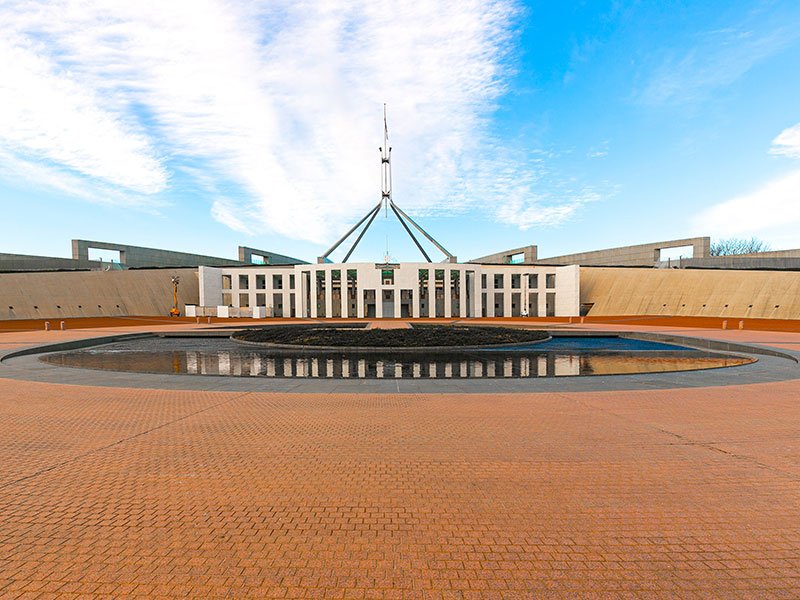It has been a pretty safe bet, anecdotally at least, to say that trust in government has increased since the start of the coronavirus pandemic. Researchers at Curtain University and the University of Otago have now confirmed and quantified that bet, at least in relation to Australia and New Zealand.
Professor Shaun Goldfinch is the ANZSOG/WA Government chair in Public Administration and Policy at the John Curtin Institute of Public Policy. He has released the raw findings of a survey of attitudes to government performed in June and July.
The research, which was conducted with Prof Ross Taplin from Curtain and Prof Robin Gauld from Otago Uni, can be considered a follow-up on a similar trust in government research project published in 2009.
The results, and Prof Goldfinch is at pains to say is that the raw data has not yet been peer reviewed or published, have significant implications for policymakers and the way they deliver services.

The survey of 11 years ago provides a baseline for the new results. The more recent research repeats some – but not all – all of the questions of the previous survey, and the people being interview has changed.
“But there is a working deadline to compare the results to” nonetheless, Prof Goldfinch said.
“The key finding is that trust in government has increased quite dramatically, not just by small amounts but by a considerable amount,” he said. “And we have put this down to trust increasing because of the management of the COVID pandemic.”
“We actually asked that question: Has your trust in government increased during the management of the pandemic? And the answer was a resounding yes.”
All of which seems to reflect the observed day-to-day reality for many Australians.
But the research also generated interesting numbers around the COVIDSafe app. Prof Goldfinch says the strongest predictor of the use of the contact tracing app is the trust in government of the respondent.
This correlation suggests that the trust in government is also possible determining factor in whether a government can manage in a crisis or not.
We will have to wait until the research is published to get a full view of what kinds of inferences can be made from what trust in government means to a particular government’s ability to respond in a crisis.
Prof Goldfinch describes a kind of “rally-round the flag effect” of a crisis, because people become focused on the big picture, rather than the minutia of parliamentary skirmishes or single issues related directly to self-interest.
“I wouldn’t say this means there has been a long term change in attitudes to government,” he says, and when things return to a pre-COVID kind of normal people’s focus may return to minutia and self-interest.
“Trust in government is certainly something that’s earned. It is not just some kind of magical belief in benevolent government, and so to some extent it would be an indicator of a government’s actual effectiveness anyway.”
“But it is also like a reservoir that you draw on when you need people to trust you as you implement things like lockdowns.”
Equally, however, Prof Goldfinch says “if you had a strong trust in government and it turned out that when things got bad the government couldn’t tie its own shoelaces together, you would expect things to go the other way, that trust would decrease.”
The other finding from the study is an increase in public trust in expertise – that generally people’s trust in ‘experts’ has increased during the pandemic.
“My suggestion is that when things are really serious, when it is a life or death situation, people stop listening as much to Gwyneth and Goop and start listening to people with expertise for their advice.
“Whether or not that is a change over time or a response to what is a serious crisis, it is an important finding. Expertise really matters.,” Prof Goldfinch says.
A link to Prof Goldfinch’s presentation will be made available through the John Curtain Institute of Public Policy website.
Do you know more? Contact James Riley via Email.

